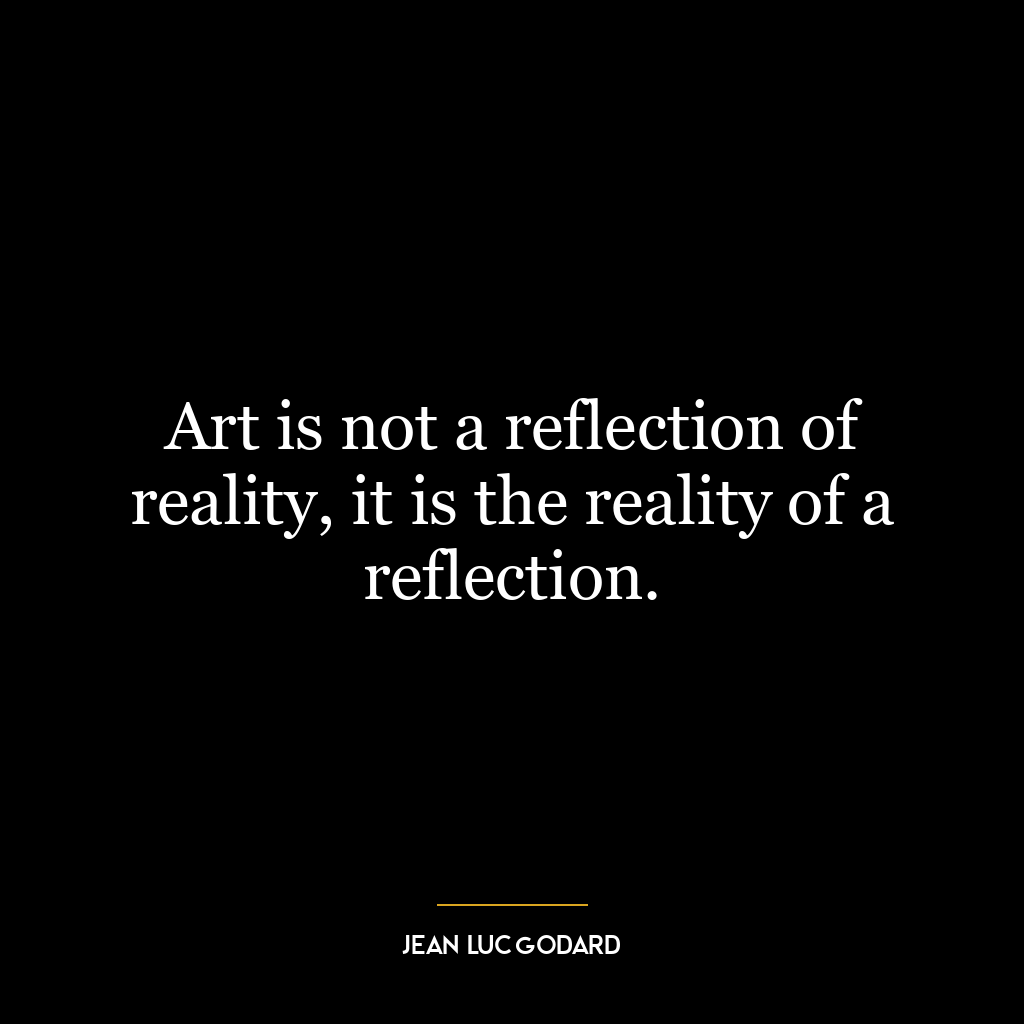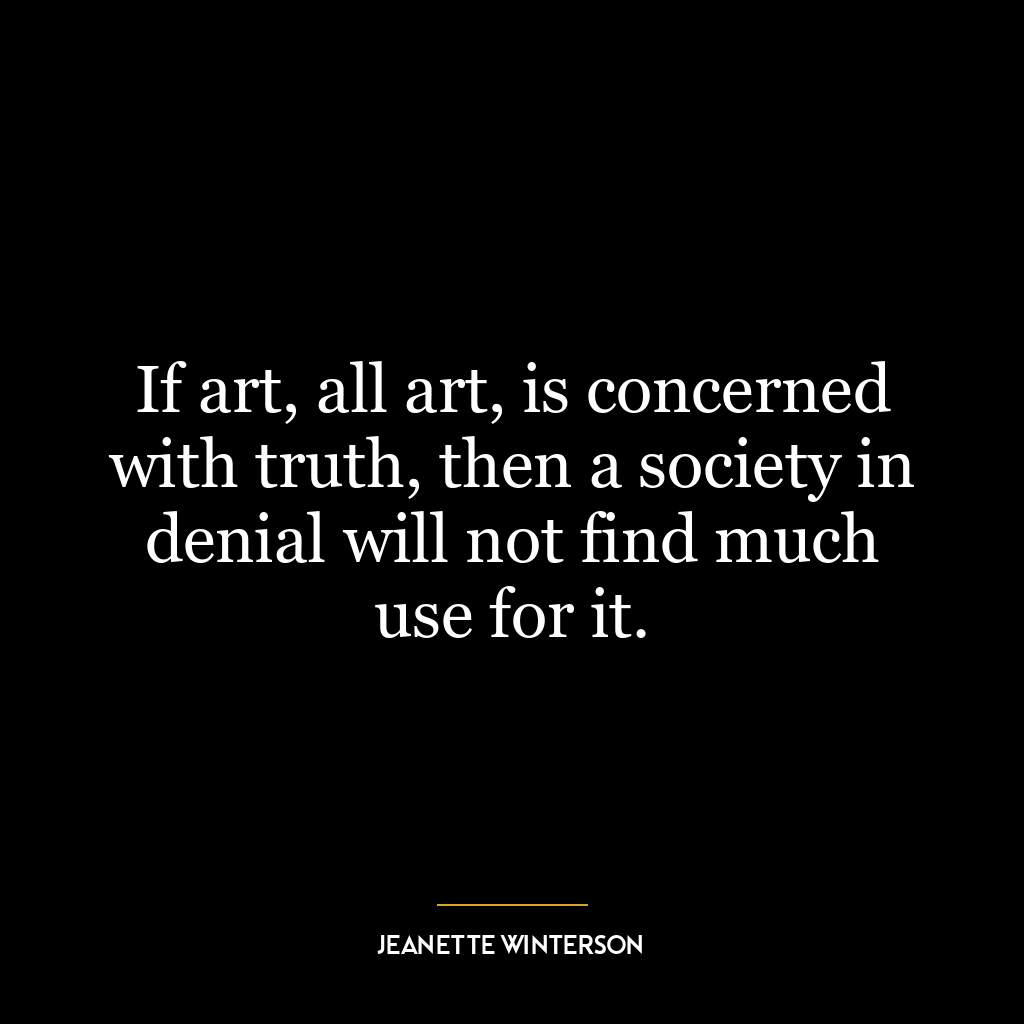Say what you have to say, not what you ought. Any truth is better than make-believe.
This quote encourages us to be authentic and truthful in our expression, rather than saying what we think we should say or what others expect us to say. It suggests that honesty, even when it’s uncomfortable or challenging, is more valuable than pretense or fabrication. In essence, it’s a call to prioritize sincerity and truthfulness over social expectations or conventions.
The first part of the quote, "Say what you have to say, not what you ought," signifies the importance of speaking one’s mind and expressing personal thoughts and feelings. It encourages us to break free from societal norms, expectations, and pressures that often dictate what we should say. Instead, it urges us to voice our genuine thoughts, beliefs, and opinions.
The second part, "Any truth is better than make-believe," reinforces the value of authenticity and truthfulness. It suggests that even if the truth is uncomfortable or unpleasant, it’s still preferable to falsehood or make-believe. This is because truth, despite its potential harshness, is real, while make-believe is merely a façade that can lead to confusion, misunderstanding, and eventual disappointment.
Applying this idea to today’s world, we could see it as a critique of the superficiality and pretense that often permeate social media, politics, and even personal relationships. It could serve as a reminder to resist the pressure to present an idealized image of ourselves or our lives, and instead to embrace and express our authentic selves, warts and all.
In terms of personal development, this quote could be seen as a call to cultivate authenticity, honesty, and courage. It encourages us to be true to ourselves, to stand up for what we believe in, and to communicate openly and honestly, even when it’s difficult. This could lead to more meaningful and fulfilling relationships, greater self-confidence, and a deeper sense of integrity and self-respect.








